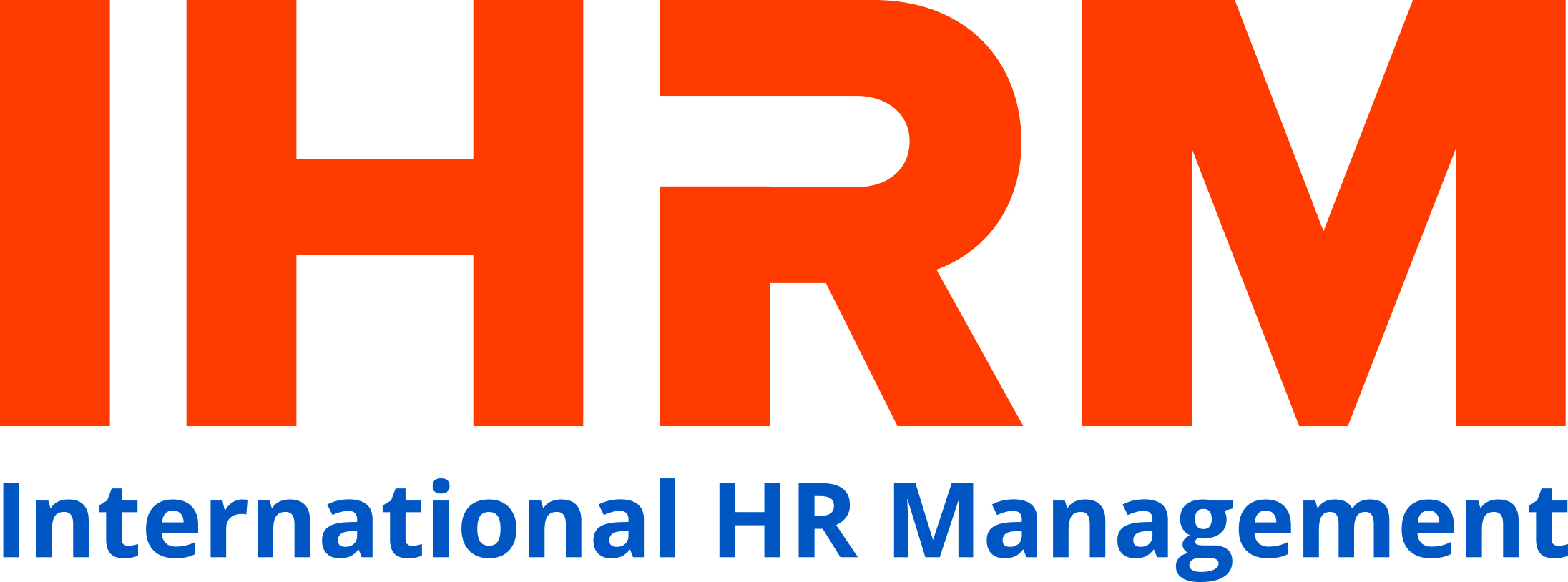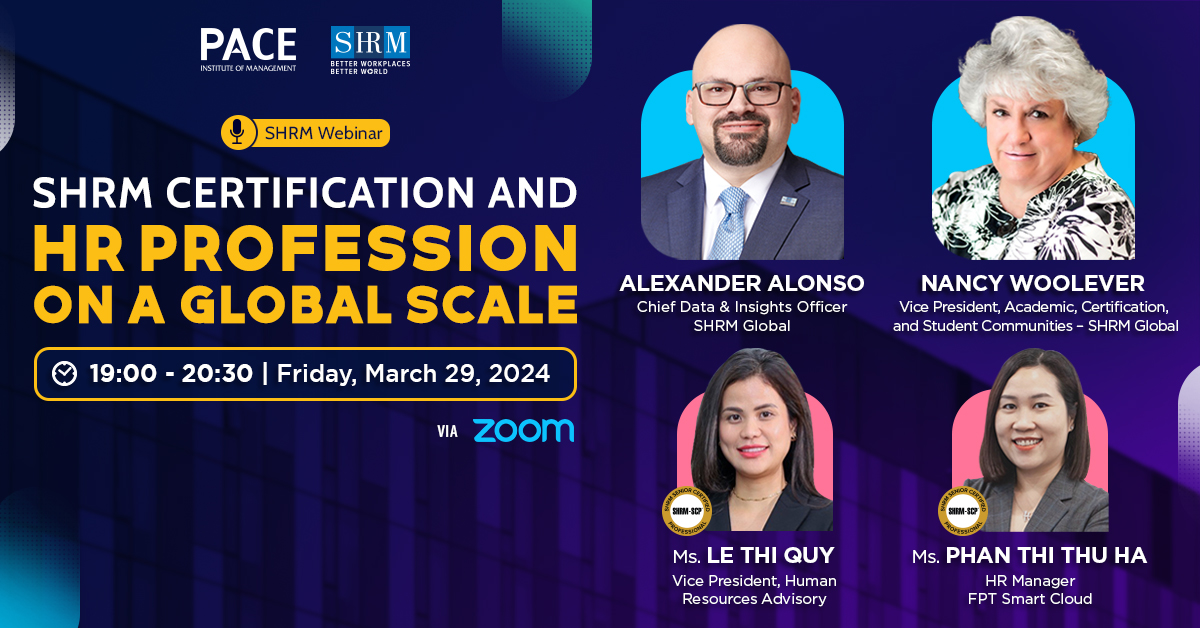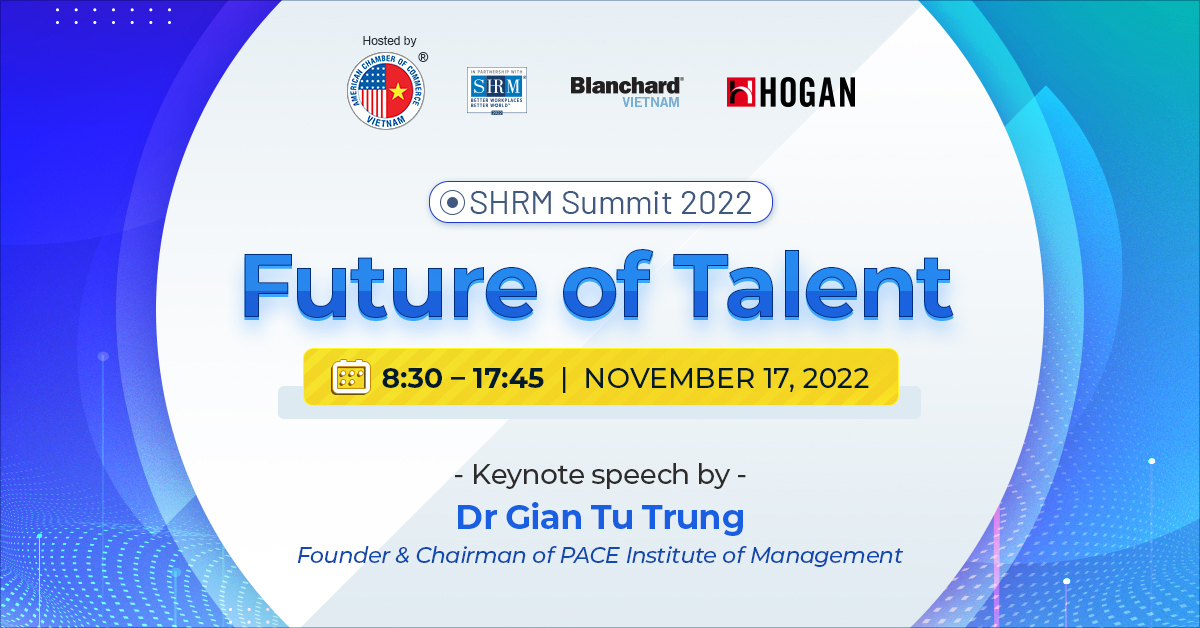REALIZING THE PROMISE OF STRATEGIC HR
In enterprises across the globe, the HR function is transforming: coming out from behind the scenes to play a leading role as the strategic business partner. This is more apparent than ever in HR’s role in helping organizations reskill their workforce and finding the talent required for the digital age. But this is just the beginning. There are additional opportunities for HR teams to add strategic value to their businesses, but only if they can expand their traditional skillsets, embrace emerging technologies, and adopt a customer focus.
It’s Time for Change
There’s never been a better time for HR to take a more strategic role. HR is ready for it and, importantly, so is the business leadership. As a 2018 Accenture survey of senior-level executives makes clear, HR executives are already thinking strategically and aligning with business priorities. For example, when asked to identify the top challenges they face, the executives cited corporate performance factors such as profitability, competition, and new business.
As HR starts to think more strategically, the wider business begins to realize that HR has an important leadership role to play. For instance, 63 percent of the business executives surveyed cite reskilling the workforce as a critical business enabler—along with strategic business drivers such as automation and artificial intelligence (62 percent) and risk mitigation (63 percent). Similarly, when it comes to enabling business transformation, business executives ranked talent acquisition as the second most-important business priority. Business executives are looking to HR for strategic guidance to help their business grow and thrive.
What’s Holding HR Back?
Many HR organizations are not living up to their promise as strategic influencers. This is because there remain several fundamental barriers to successful HR transformation. Until these are overcome, organizations can’t unlock the full potential of their HR teams.
The first barrier is that at a time of continual and rapid change, HR is still perceived as a laggard. In the survey, talent development and recruiting were cited as the business functions to have changed the least over the past 18 months. This must change if HR is to keep up with the blistering pace of business change.

Second is the digital skills gap. Put simply, many HR professionals are underestimating the breadth of the digital skills their organization requires. In fact, only 41 percent of HR executives worry that their organization lacks skills needed in data analytics—compared to 54 percent of business executives. If HR is to be relevant, it needs to better align with the business’ skills priorities.
A similar awareness gap can be found around the areas of automation and AI. Only 44 percent of HR executives noted the importance of the use of automation and AI as business enablers, compared to 62 percent of all respondents. This is concerning as automation and AI has the power to free the HR team from transactional, non-value-added activities and allow them to focus on strategic activities and further gain traction with the business.
Finally, there’s a missed data opportunity. HR has lagged other business functions including the use of data as a driver to enhance operations. The survey suggests that many HR professionals are in no hurry to catch up: while 51 percent of general business respondents named interest in and ability to make data-driven decisions as a top business driver, only 28 percent of HR executives thought the same. This could prove a significant barrier as businesses become increasingly reliant on data insights.
Igniting the Fire of Strategic HR
What can HR leaders do to overcome these challenges and enable their function to live up to its promise as the strategic core of the business? We’ve identified five key areas that every HR team should address:
Pushing on an Open Door
HR wants to change, and the business needs it to. While most organizations face significant work in transforming their HR functions, they are pushing an open door. It’s now a matter of timing. Disruption is all around us and isn’t going anywhere—organizations that can adapt their HR functions quickly, will thrive in this environment. My advice to all HR leaders is to act now, tomorrow may be too late.
It’s Time for Change
There’s never been a better time for HR to take a more strategic role. HR is ready for it and, importantly, so is the business leadership. As a 2018 Accenture survey of senior-level executives makes clear, HR executives are already thinking strategically and aligning with business priorities. For example, when asked to identify the top challenges they face, the executives cited corporate performance factors such as profitability, competition, and new business.
As HR starts to think more strategically, the wider business begins to realize that HR has an important leadership role to play. For instance, 63 percent of the business executives surveyed cite reskilling the workforce as a critical business enabler—along with strategic business drivers such as automation and artificial intelligence (62 percent) and risk mitigation (63 percent). Similarly, when it comes to enabling business transformation, business executives ranked talent acquisition as the second most-important business priority. Business executives are looking to HR for strategic guidance to help their business grow and thrive.
What’s Holding HR Back?
Many HR organizations are not living up to their promise as strategic influencers. This is because there remain several fundamental barriers to successful HR transformation. Until these are overcome, organizations can’t unlock the full potential of their HR teams.
The first barrier is that at a time of continual and rapid change, HR is still perceived as a laggard. In the survey, talent development and recruiting were cited as the business functions to have changed the least over the past 18 months. This must change if HR is to keep up with the blistering pace of business change.

Second is the digital skills gap. Put simply, many HR professionals are underestimating the breadth of the digital skills their organization requires. In fact, only 41 percent of HR executives worry that their organization lacks skills needed in data analytics—compared to 54 percent of business executives. If HR is to be relevant, it needs to better align with the business’ skills priorities.
A similar awareness gap can be found around the areas of automation and AI. Only 44 percent of HR executives noted the importance of the use of automation and AI as business enablers, compared to 62 percent of all respondents. This is concerning as automation and AI has the power to free the HR team from transactional, non-value-added activities and allow them to focus on strategic activities and further gain traction with the business.
Finally, there’s a missed data opportunity. HR has lagged other business functions including the use of data as a driver to enhance operations. The survey suggests that many HR professionals are in no hurry to catch up: while 51 percent of general business respondents named interest in and ability to make data-driven decisions as a top business driver, only 28 percent of HR executives thought the same. This could prove a significant barrier as businesses become increasingly reliant on data insights.
Igniting the Fire of Strategic HR
What can HR leaders do to overcome these challenges and enable their function to live up to its promise as the strategic core of the business? We’ve identified five key areas that every HR team should address:
- Own their role as business professionals. HR executives need to ensure they are relevant across the business and drive the business agenda forward through the people and underlying programs and policies that support them.
- Pioneer around customer-centricity. There’s a clear opportunity for HR to establish the skills, capabilities, performance goals, and metrics needed to support the customer-focused operations required for success in today’s business environment.
- Break down siloes. As HR leaders strive to use analytics to predict workforce needs and create a more agile workforce, they will need to bring together and work with all process, technology, and data owners.
- Aim for the top when it comes to reskilling. HR should facilitate training in the higher-level digital skills businesses required to maintain a competitive edge. One thing is clear, the business case for such training programs will be easy to make.
- Become data-driven. Data is the currency of future success. HR needs to look beyond the typical HR data set to gain the insights the business requires.
Pushing on an Open Door
HR wants to change, and the business needs it to. While most organizations face significant work in transforming their HR functions, they are pushing an open door. It’s now a matter of timing. Disruption is all around us and isn’t going anywhere—organizations that can adapt their HR functions quickly, will thrive in this environment. My advice to all HR leaders is to act now, tomorrow may be too late.
Source: blog.hrps.org
|
Training Program
 Internationalize the human resource management capabilities of HR professionals in Vietnam Opening Date: September 19 , 2019 in HCMC
Opening Date: September 26, 2019 in Hanoi
|










